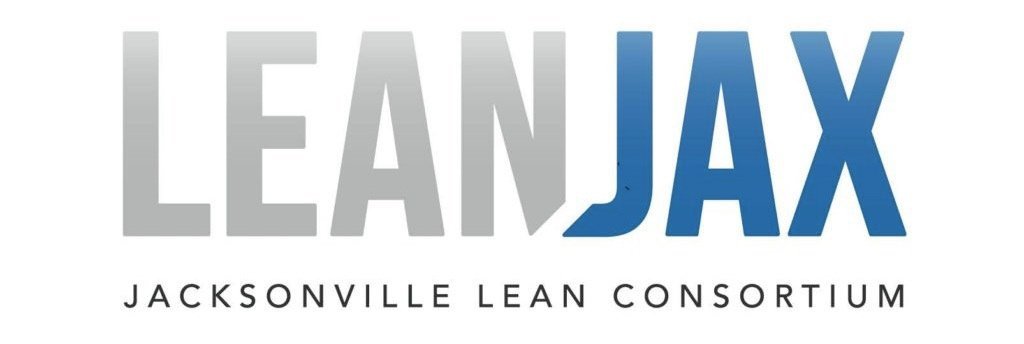Kramer and Newman’s Michigan Bottle Deposit Scam and SMART Goal Statements
Kramer and Newman in Seinfeld’s “The Bottle Deposit.”
In today’s fast-paced business landscape project management teams are confronted with a relentless onslaught of challenges—excessive backlogs, information overloads, convoluted tasks, unreasonable time constraints, limited resources, constantly changing priorities, and non-existent or ineffective goal setting. Fortunately for us, there are simple yet highly-effective methods we can use to minimize a typical project’s pernicious effects, elevate our performance, achieve improved outcomes, and continuously raise the bar.
One of these methods is a flexible goal setting framework known as SMART, an acronym that stands for Specific, Measurable, Achievable, Relevant, and Time-Bound.
Individuals and project teams can leverage SMART for:
Illustration and summary of the SMART method.
Personal goals
Project management
Project charters
Problem statements
A3 target conditions
Rapid improvement events
SMART goal statements offer several benefits:
Communicates relevance of continuous improvement efforts.
Complements DMAIC and PDCA processes.
Ensures tangible target conditions and goals.
Promotes creativity and innovation.
Provides clear ownership and timeline.
Creates sense of urgency to achieve objectives
Please Note
There are a few different variations of the five words; some people use assignable rather than achievable, and others select realistic versus relevant. It doesn’t really matter which variation of the acronym you select, as long as it is aligns with your organization’s goal setting objectives. Additionally, all five categories will not always be necessary when developing a goal statement; it’s best to use what’s applicable to your specific circumstances.
A SMART Case Study
Our case study comes from a distant time—The 90s, an unexpected source—a classic sitcom, and is shared with us through the antics and comic misadventures of two visionary doers—Kramer and Newman.
Yes, this dynamic duo’s audacious scheming always ended in disaster, but their project management skills and “unbridled enthusiasm” are not only commendable, but also quite impressive. By studying and learning from successes and failures of these masters, today’s project teams can work smarter, elevate performance, streamline project life cycles, avoid common missteps, and deliver impactful results.
Let’s explore the SMART approach by analyzing a classic episode of Seinfeld:
Upon returning from trip a to the Price Club with an abundance of Mellow Yellow in tow, Newman tries to convince his buddy Kramer to resurrect his “Michigan bottle scam” idea. Kramer (ever the pragmatist) initially dismisses Newman’s request because of the exorbitant overhead costs. An undeterred Newman then experience a eureka moment while crunching the numbers. Our favorite Machiavellian postal worker is now able to persuade Kramer, that lovable hipster doofus, with his ingenious plan. Cue montage of bottle collection that includes Newman guzzling enough soda to internally drown!
Kramer and Newman in Seinfeld’s “The Bottle Deposit.”
Lo and behold, the scammers crafted the following goal statement for their project by using SMART:
Newman and Kramer’s company, “Michigan Bottle Scam,” is looking for a way to cut costs and increase their profits to set their start-up venture up for success. By collecting 9,999 discarded bottles, procuring a “free” mail truck, driving from NYC to Saginaw, Michigan the week leading up to the “mother of all mail days,” depositing their inventory, earning $.10 per bottle, the company will cut costs by 50% and make a profit of $1,000 by June 1.
Let’s take a look at each word:
Specific
Kramer and Newman are the clear owners of this target state. Bottle collection, procurement of the “free” mail truck, the drive to Michigan and the deposit are all outlined in their goal statement.
Measurable
Profit and cost reduction represent the metrics that can be accurately measured.
Achievable
Newman crunched the numbers and it all checks out. This is a stretch goal but seems reasonable with existing resources. Although, researching Michigan’s recycling laws may have been wise. More on that later.
Relevant
The company is looking for a way to cut costs and increase their profits to set their start-up venture up for success. These aims are outlined above.
Time-bound
Delivery will occur during the week leading up to the “mother of all mail days;” the company will make $1,000 in profits by June 1.
Summary
Pretty good, right? Okay, those who saw part II of this episode know that this scam blew up in Kramer and Newman's faces in hilarious fashion, while also negatively impacting Jerry, Elaine, Tony the mechanic, the farmer, the farmer’s daughter, and J. Peterman.
Moreover, using the “free” mail truck and traveling across state lines for this scheme is definitely a federal crime. (I know, I’m a lawyer and this was either a question on the Bar exam or the plot of a fever dream I had after a marathon studying session.)
Kramer and Newman nearly created a successful SMART goal statement, unfortunately this scheme was never really achievable—a recurring problem for these two. Much like Homer Simpson, Newman and Kramer are S-M-R-T. Where are Bob Sacamano and Jay Riemenschneider when you need them? Maybe they could have talked some sense into our heroes.
I hope this timely television reference encourages you to experiment with the SMART framework on your next project. Project teams that use this structured method will be much more likely to seek tangible, stretch goals; make sound decisions; be transparent; commit to meeting all project deadlines; innovate solutions, and deliver compelling results.
Though, if your idea seems too good to be true is of questionable ethics, or recommended by a mailman who doesn’t work when it rains— please reference your state’s laws, federal statutes, and common sense before embarking on your project management journey.
#SMART #projectmanagement #Seinfeld #MichiganBottleScam #Thebottledeposit #leanjax #Leanthinking #continuousimprovement





